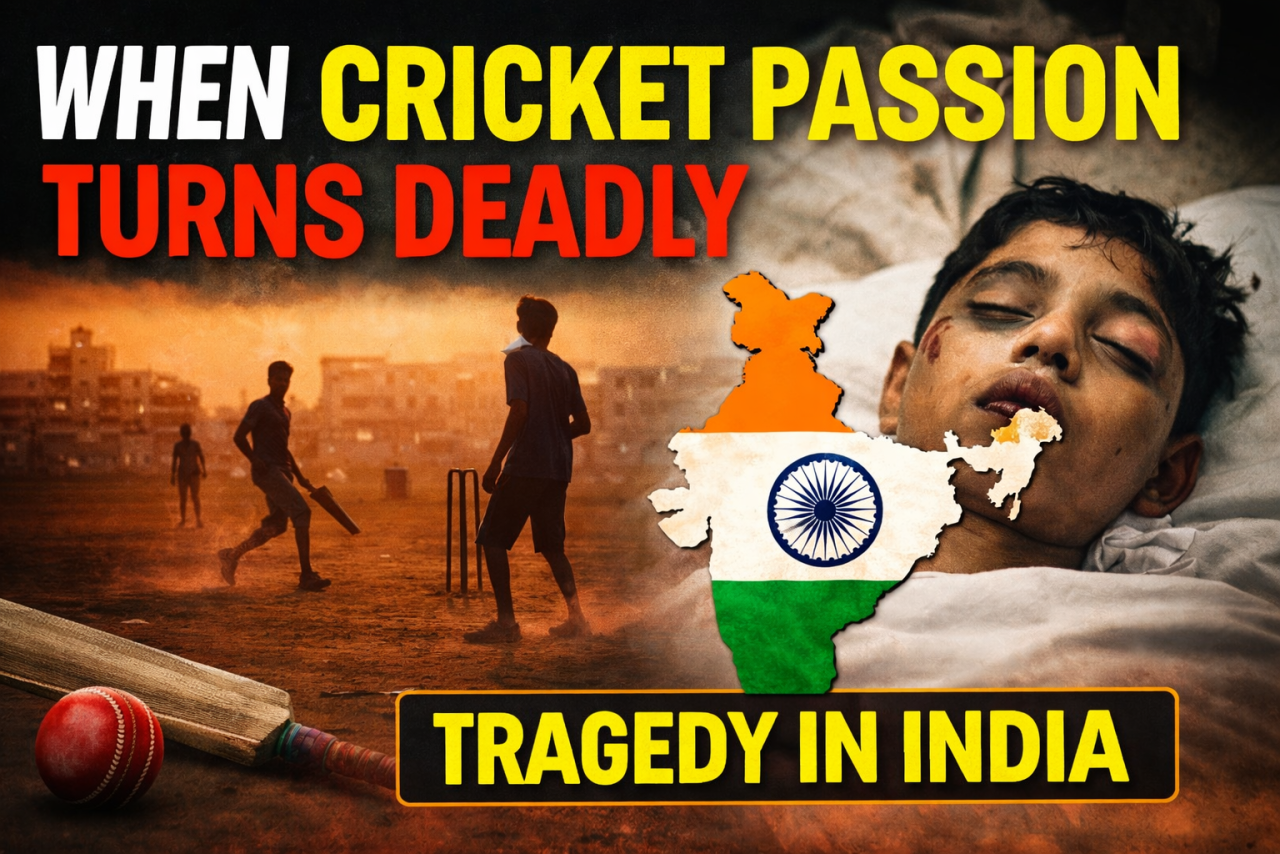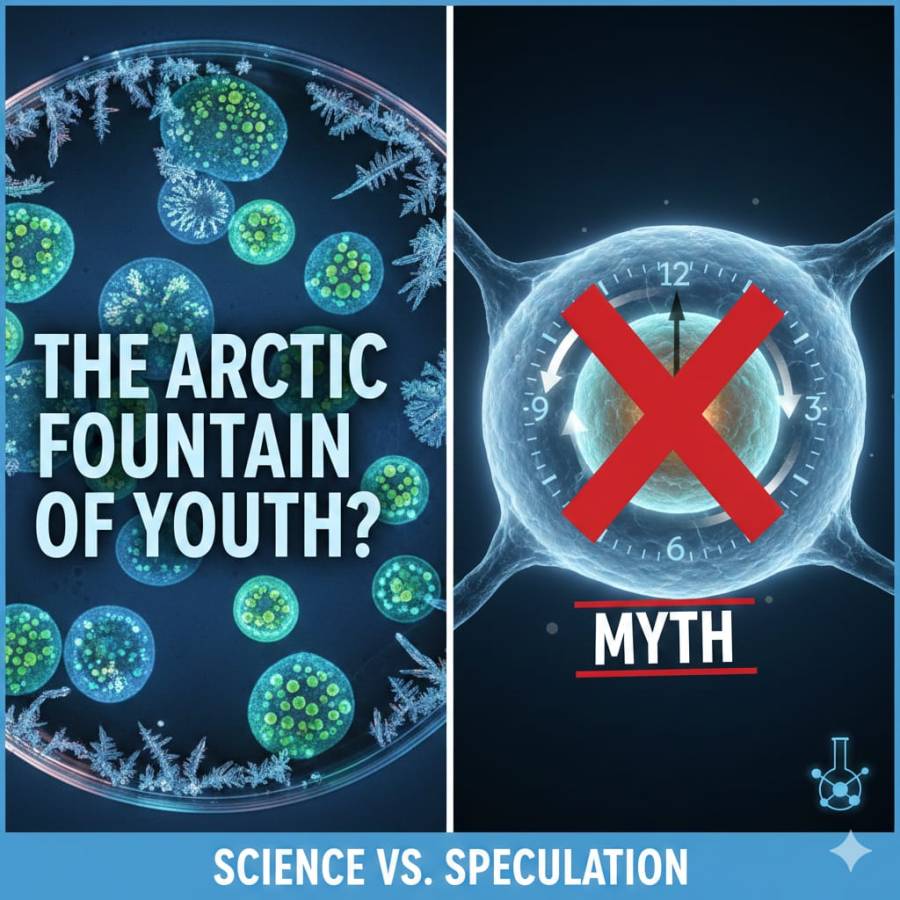
There are many ways to lose a person—distance, silence, indifference, betrayal, or simply the slow erosion of time. Yet among all these forms of loss, death stands apart. It is final, yes, but it is also honest. It does not play games or make false promises. It takes, but it never deceives. In a world full of emotional abandonments and vanishing affections, death sometimes feels like the kindest way to lose someone.
We fear death because it severs the visible bond between two souls. But when someone dies, they do not choose to leave us. They are taken by the rhythm of life itself. The grief that follows is heavy and consuming, yet it carries no bitterness, no blame. That difference matters, because most other losses in life—heartbreaks, estrangements, emotional betrayals—leave us wounded with anger and confusion. We do not just miss the person; we question why they left or wonder what we did wrong. Death, at least, spares us that chaos.
The silence that follows a death is deep, but it is not cruel. It allows space for memory, reflection, and prayer. When someone walks away from your life by choice, the silence they leave feels sharp and unfinished. It is filled with unanswered questions and restless thoughts. We keep replaying moments, imagining what we could have done differently, bargaining with fate for a second chance. Death, by contrast, gives no room for bargaining. Its finality, over time, becomes its gentleness. It teaches us to live with what is, not with what could have been.
Every faith in the world has tried to soften the harshness of death. In Hindu philosophy, death is seen not as an end but a transformation—the soul changing its garment to continue its journey. The Bhagavad Gita teaches, “As a person puts on new clothes, giving up old ones, the soul similarly accepts new bodies.” Love, then, does not die; it merely changes its form. In Christianity, death is a passage to eternal life, not an erasure of being. Islam describes it as a return to the Creator, a reunion with the source of all existence. When viewed through this spiritual lens, death becomes less of a thief and more of a messenger, reminding us that the soul cannot be destroyed—only relocated.
Modern psychology supports this wisdom in its own way. When we lose someone to death, grief follows a recognizable path: denial, anger, bargaining, depression, and eventually, acceptance. The pain moves, even if slowly. But when we lose someone who still walks this earth, the wound rarely closes. They exist somewhere, living, laughing, continuing without us. That knowledge keeps the heart in turmoil. Closure becomes a mirage, and healing remains incomplete. Death, in its cruel honesty, at least grants us certainty. We know the story has ended, and that knowledge allows memory to soften into gratitude. We stop waiting for the message that will never come or the apology that was never spoken. We learn to honor what was instead of chasing what might have been.
Yet calling death “kind” is not to glorify it. The void it leaves can hollow a life. Parents who lose children, lovers who lose partners, friends who lose their closest companion—these are sorrows beyond consolation. But even in that pain lies a quiet dignity. There is no betrayal in death, no cruelty, no deliberate leaving. Death may be merciless, but it is never dishonest. It does not abandon; it concludes.
There is also a strange equality in death. It visits the rich and the poor, the wise and the foolish, the kind and the cruel. It respects no power, no pride. In that impartiality lies a kind of mercy. It reminds us that every bond, however precious, belongs to a temporary world. This truth, if accepted, can deepen our love while we still have it and make our grief gentler when it departs.
The world teaches us to cling to what we love, to fight against loss. But wisdom whispers another truth: letting go is also an act of love. The ones who die do not vanish entirely. They remain in our stories, our mannerisms, our laughter, and our smallest habits. Every time we act with the kindness they once showed us, they live again in quieter ways.
So yes, of all the ways to lose a person, death is the kindest. It does not linger to wound or confuse. It reminds us of the sacred rhythm of existence—birth, attachment, loss, and renewal. What makes death kind is not its taking, but the truth it leaves behind: that love, when genuine, is never buried with a body. It only changes its form, continuing to echo softly in the hearts of those who remember.





















